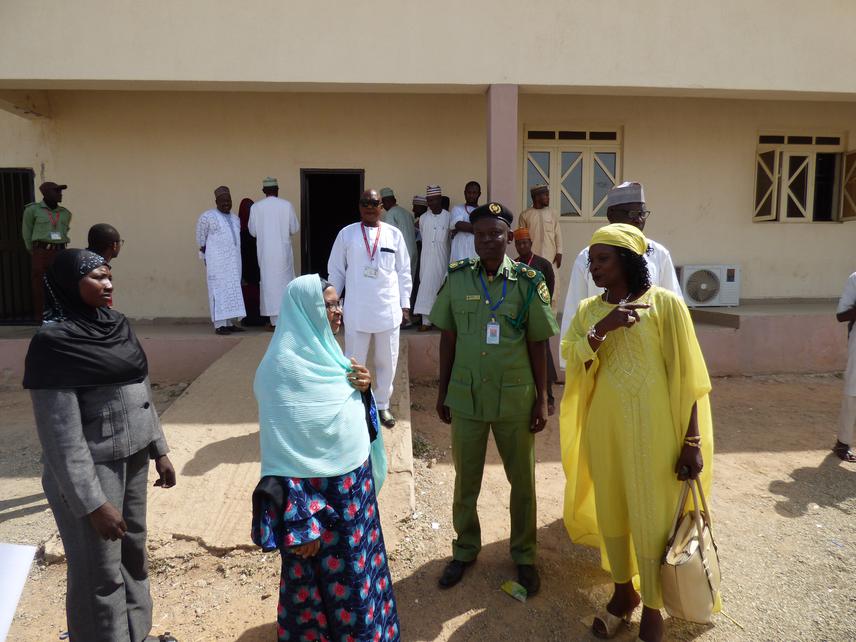Grace Pam
Other projects
18 Dec 2007
Conservation Education for Children in Plateau State, Nigeria: The Children for Nature Project (CNFP) I
7 May 2013
Conservation Education for Children in Plateau State, Nigeria: The Children for Nature Project (CFNP) II
This research seeks to understand the underlying factors that shape how the Nigerian child conceptualizes nature, hence shaping his/her knowledge, perceptions and attitudes towards nature. Understanding these dynamics is fundamental for any intervention or approach towards nature conservation.
We hope to gain insight into the main drivers of children’s knowledge, perceptions and attitudes towards nature by investigating who children learn from, how they learn, what methods of teaching are employed, and how the teachers themselves view nature. Ultimately, we hope that the results from this study will help shape policy and management and contribute to the discourse on children and nature.

This research project is a pilot research on the understanding of how children in some parts of Nigeria acquire nature knowledge. The theoretical framework for children’s knowledge acquisition posits that the environment, especially the social interactions that occur in the everyday lives of children affects their learning, as they mostly learn from familial relationships.
What they learn, and how they learn eventually determines their perceptions and attitudes towards nature. If there is a faulty nature perception among their influencers, we would expect to find that being passed on to children, such as when adults are indifferent or having negative beliefs about a species. On the other hand, where nature is held in high esteem, we would expect to find that same attitude being transmitted to children. But how does the relationship play out and the mentoring take place and where? There are diverse types of learning environments and methods of teaching. We want to study the Nigerian environment to find out these details. These findings will guide us in our conservation work among children, as it will help us understand the possible challenges be they cultural, social or otherwise, which may be hindering us from achieving the desired progress we intend to see in the participation and valuing of nature among the children.